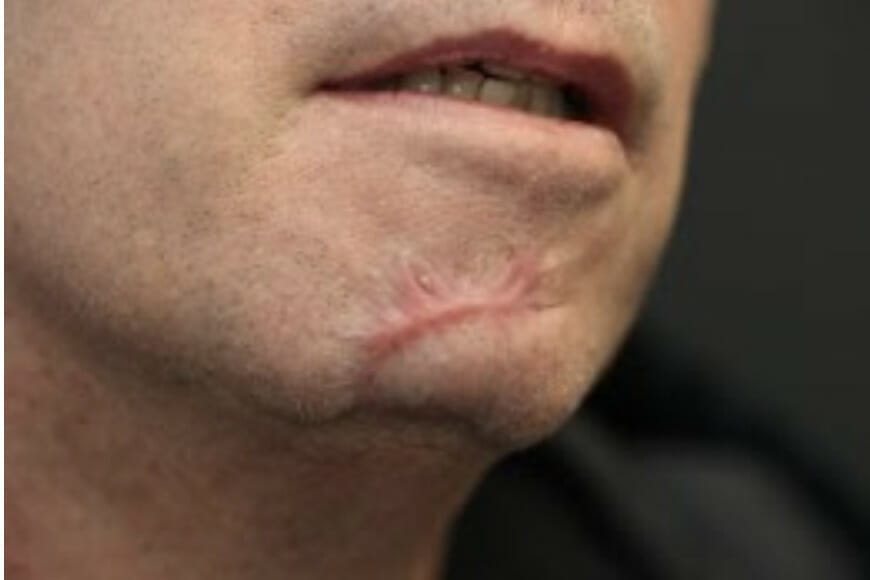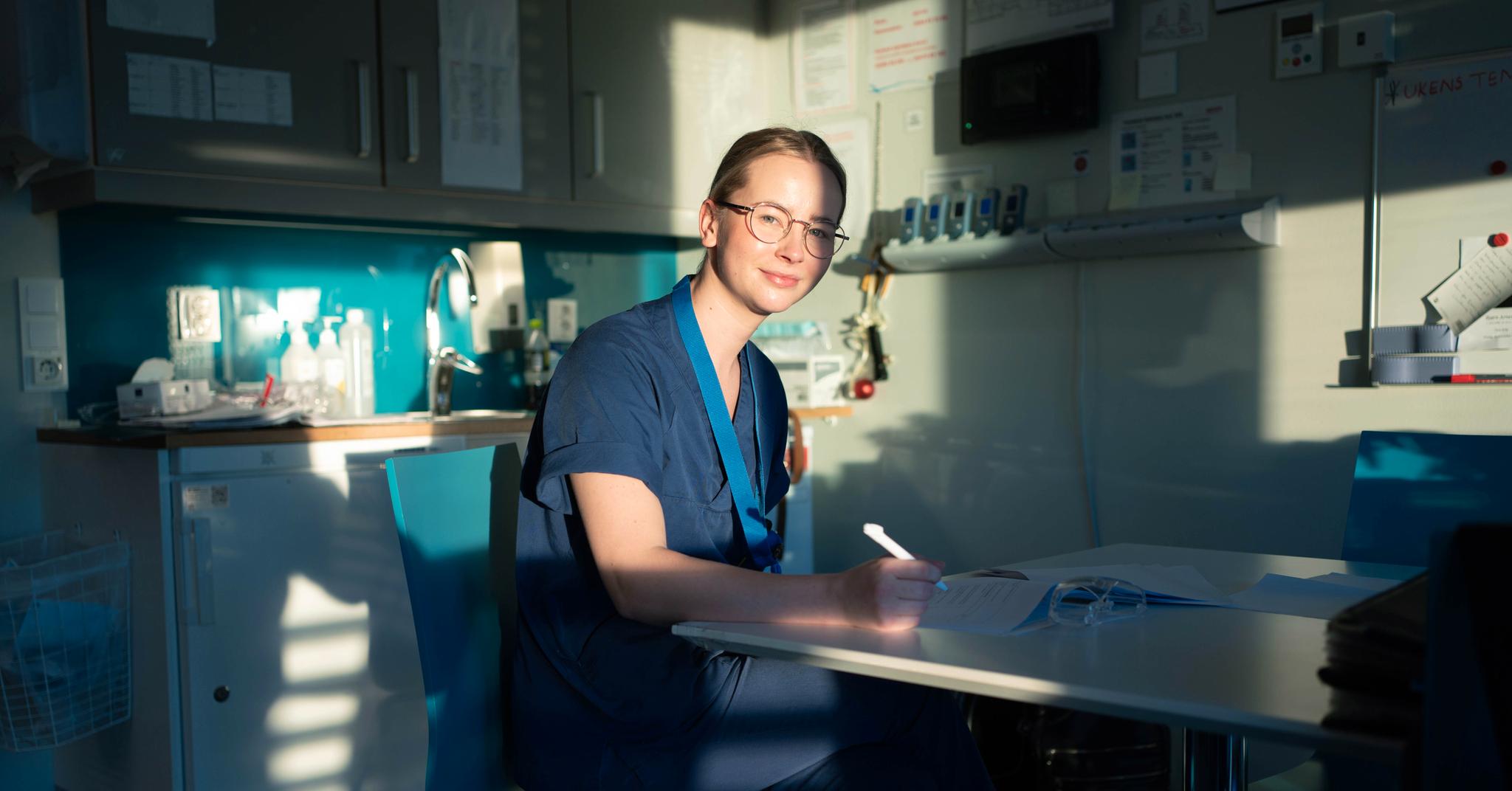January 19, 2022 – 08:00
People who have experienced severe COVID-19 suffer from facial scars after prone position during ICU admission.
During ICU admission, COVID-19 patients are often placed on their stomach, with the possibility of pressure sores developing. Unfortunately, ex-patients also get facial scars as a possible result. These scars are an often confrontational reminder of a stressful period of being seriously ill. Plastic surgeons see this happening more often. They can help patients with appropriate treatment to prevent or reduce scarring.
Scars from prone position
A patient with COVID-19 may experience a sudden inflammatory response in the lungs. Patients sometimes need to be artificially ventilated and are regularly placed on their stomach. As a result of that prone position, a patient can quickly develop pressure sores. The skin is once weaker than normal during illness. On the face, spots along the jawbone and cheekbones are extra sensitive. Unfortunately, scars are a possible consequence of this.
Ernst (57) got COVID last year. He was therefore kept asleep for more than 38 days. What follows is a long recovery. Priority is on strengthening, learning to walk and move again, and getting lung functions back up to standard. Yet Ernst still remembers well that at that time he had scabs on his face: above his eyebrow, on his cheek and chin. He eventually got a scar on his chin. The intensivist pointed out to him that a plastic surgeon could help him with that. Ernst is pleased that the doctors were able to relieve him of this: “I am very grateful to the intensivist who pointed out a possible treatment for my scar during my recovery. Of course my priority was to strengthen my lungs, but it is nice that the doctor also pays attention to other matters that contribute to my recovery at such a time. The scars have now been treated with several repetitions of a medical injection. Now my scar is greatly reduced and I am very happy with it”.
Annoying keepsake
Scars on the face are a visible reminder of COVID-19 for ex-patients. The effect of the pandemic can literally be seen on them. dr. Rutger Schols, plastic surgeon at Maastricht UMC+: “The aftercare for everyone treated in the ICU due to severe COVID-19 deserves attention for the many facets of physical and mental recovery. These people have crawled through the eye of the needle. This has an effect on both the body and the mind, even after the patient is out of danger. Scars on the face seem like a small thing, but that doesn’t have to be the case.”
Therapy
If a patient is still in the hospital or rehabilitation center, a patient may be referred internally to a plastic surgeon. Patients who are already at home may contact their GP for a referral to the plastic surgery outpatient clinic. The treatment for these facial scars can vary depending on the scar. In some cases, a patient can already be helped with a cream. Other patients have been helped with a special silicone plaster. Combined treatment with medication via injection can also significantly reduce scars. In addition, a custom-made “pressure mask” is one of the treatment options.
Maurits van IJsendoorn


